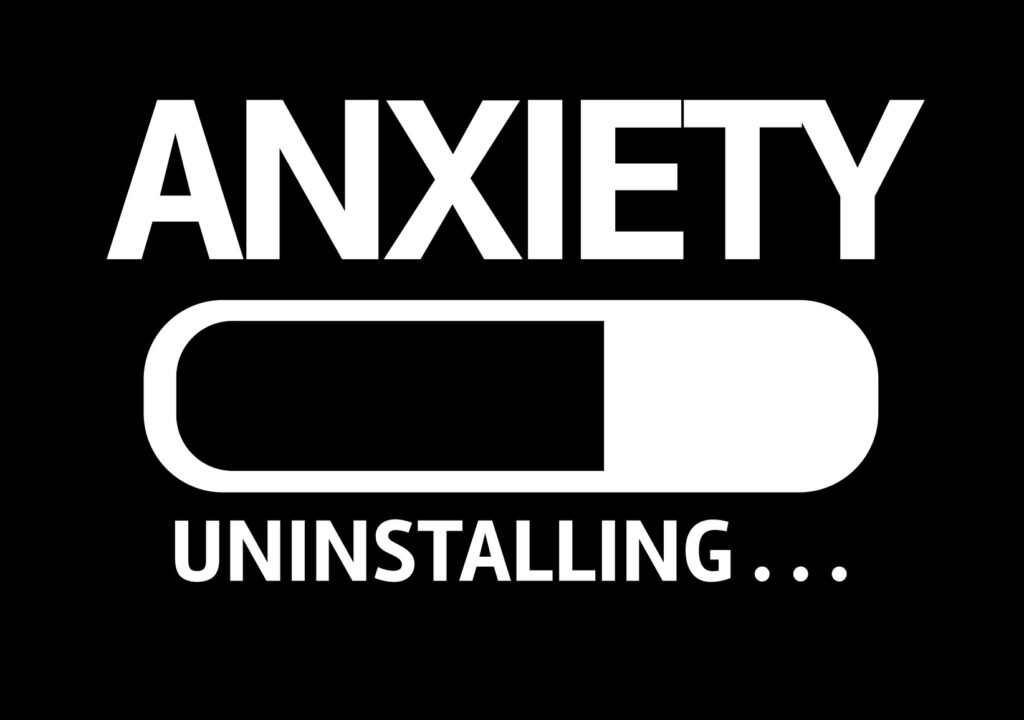If you don’t have a good understanding of your social anxiety, it will be almost impossible to overcome. Without understanding the true nature, severity, and extent of your condition, you won’t know which treatments and strategies will be the most effective for you.
Doing a self assessment will help you measure the severity of your social anxiety, identify key problem areas, help you choose the right treatment, and measure if the treatment is working later on.
1 – How severe is your social anxiety? Consider the following variables: intensity, frequency, the number of situations that cause your anxiety (range), how much social anxiety bothers you, and the impact it has on your daily life.
2 – Which problems do you want to address? Consider the following questions: which problems have the most damaging impact on your life? Which problems could be fixed quickly? This will help you identify which fears to work on first.
If the fear that you want to work on the most is too challenging right now, then try breaking it into smaller parts. Or you may want to start with one of your fears that will be quick to fix because small wins motivate us to keep going and take on greater challenges.
3 – Which treatment will work best for you? You will be able to better nail this down once you tackle the first two questions. The severity of your social anxiety and the specific problems you want to address will shed light on which exposure practices to try, which thought stopping/cognitive practices to adopt, and which social skills you may want to improve (public speaking, assertiveness, dating, etc.).
Digging deeper and answering these questions can be done in several ways:
Keeping a journal – This is a great way to monitor your thoughts and behaviors on a daily basis or before/after a social anxiety attack. You can gain a lot of insight by simply writing down how you are feeling and why.
Clinical interviews – A trained professional will ask you basic questions about your background and symptoms so that they can better understand your challenges/problems.
Questionnaires – Sometimes it is easier for us to express our true thoughts and feelings on paper versus talking. Questionnaires are paper based and are similar to clinical interviews, but they go a little deeper.
Behavioral assessments – A trained professional directly monitors you entering a feared situation (either real life or role play). They then ask you how you are feeling, what you are thinking, your level of fear, and so on.
Conducting a self-assessment – If you don’t want to seek a professional, you can always come up with your own self-assessment program. This is the route I took and I have a lot of faith in it. After all, we know ourselves better than anyone else. We just need to educate ourselves and utilize the right tools and resources to overcome our shyness and social anxiety.
You must collect a lot of information before you can formulate an effective treatment plan. If you plan to utilize the self-assessment option, you will conduct a self-interview, record notes in your anxiety diary, and do your own behavioral assessments.
Again, a self-interview is a great place to start because it will really help you to break down every component of your social anxiety so that it doesn’t seem so daunting. Social anxiety can seem like a monster when it hits you all at once, but if you are able to find some understanding as to why it is happening, you won’t feel so helpless.
With that said, let’s get into how it has impacted your life and then we will go through the self-assessment questions.

Pingback: The Three Components of Social Anxiety – Wisdom For Life
Pingback: Behaviors That Contribute To Social Anxiety – Wisdom For Life